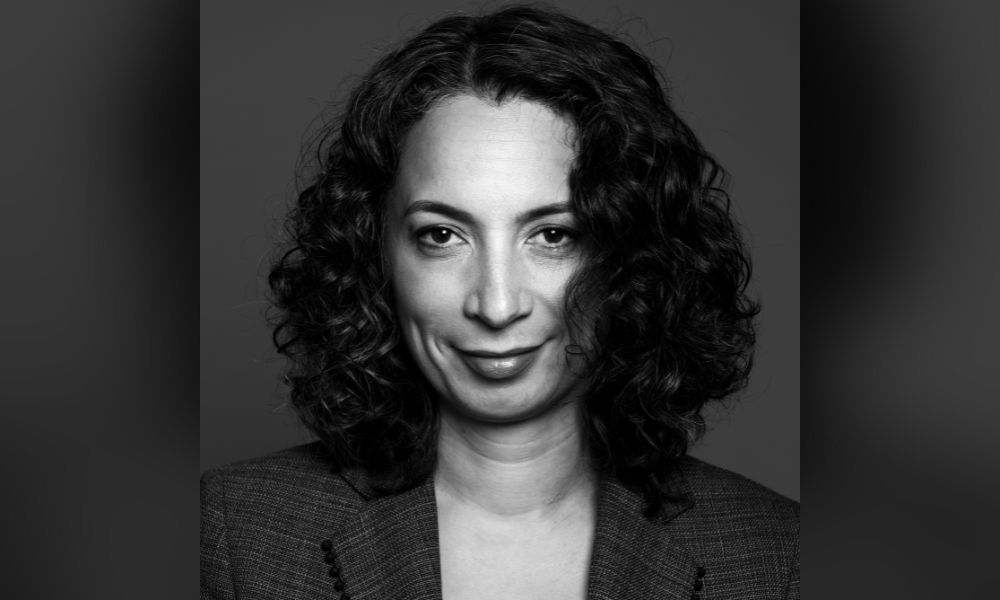
Justice MacLeod adjourned the case to Mar. 9 for defendants to further consult with their lawyers

On Monday, the Superior Court of Justice ordered that crypto holdings donated for the freedom convoy protest remain frozen and placed into an escrow account pending the court’s final decision on a proposed lawsuit against the convoy by Ottawa residents.
Law Times reported that Superior Court Justice Calum MacLeod, on Feb. 17, issued a Mareva injunction freezing assets linked to bank accounts, fundraisers and cryptocurrency, including Bitcoin, Cardano, Ethereum, Litecoin and Monero in over 120 wallets raised for the freedom convoy protest.
The injunction restricted convoy leaders and their fundraisers from selling, removing, dissipating, alienating, transferring, assigning or encumbering any listed assets.
Ottawa residents filed a class action against the freedom convoy protesters seeking $306 million in damages for the three-week blockade, which disrupted people’s lives and forced businesses to close. If the lawsuit is successful, the Mareva order secures assets for the courts to reward residents with some of the protest money raised by organizers.
Organizers turned to cryptocurrency after the courts froze donations raised by online fundraising sites. In his initial ruling, Justice MacLeod wrote that defendants promoted the use of cryptocurrency under the mistaken belief that it is untraceable and cannot be seized by the courts or legal authority.
“It’s a pretty big step today that the cryptocurrency assets are going to be secured in an escrow agent,” says Lenczner Slaght partner Monique Jilesen.
Lenczner Slaght acted for Champ & Associates, the law firm representing Ottawa residents in the proposed lawsuit. The firms brought a motion against Patrick King, Tamara Lich, Christopher Garrah, Nicholas St. Louis, Benjamin Ditcher and the non-profit Freedom 2022 Human Rights and Freedoms to demonstrate that they were leaders of the freedom convoy protests.
Jilesen says defendants delivered responding materials on whether a Mareva injunction was needed, but arguments were adjourned. The opposing lawyer, Norman Groot, represented all the defendants except for Patrick King, who was not present and did not have a lawyer representing him.
Groot informed the Globe and Mail that defendants Garrah, St. Louis and Ditcher have agreed to move the donated monies within their control to an escrow account. Still, the funds might not account for all the contributed cryptocurrencies.
Superior Court Justice MacLeod extended the Mareva injunction until Mar. 9 to give defendants more time to consult with their lawyers. He noted that the order concerned civil damages and was not connected to ongoing criminal proceedings. The respondents in the injunction are parties in several ongoing criminal investigations related to the protest.
“This court proceeding is concerned with potential civil liability for the organizers, funders and participants in the Freedom Convoy to residents, businesses and employees in central Ottawa who were adversely affected. It is independent and separate from any of the criminal processes that may be underway.”
Bobby Kofman, president of KSV Advisory, the proposed escrow agent, advised that the injunction was satisfactory, and the firm is prepared to act as an escrow.
Justice MacLeod adjourned the matter to Mar. 9 at 2:00 pm and reserved further comments until the next hearing.